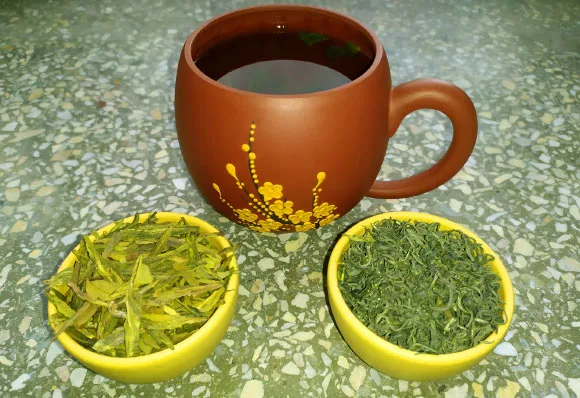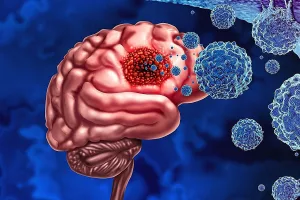Unlocking the Secrets of Aging: Can Diet Influence Our Epigenetic Clock?
The quest for longevity and healthy aging continues, and recent scientific investigations are increasingly focusing on the fascinating interplay between diet and our epigenetic makeup. Epigenetics, the study of changes in gene expression, offers a compelling avenue to understand how our lifestyle choices, particularly our dietary habits, can influence the aging process at a cellular level.
The Power of Dietary Components
A new wave of research is exploring the potential of specific dietary components to impact epigenetic age. Scientists are particularly interested in identifying foods and beverages that may be associated with positive changes in our epigenetic clock, potentially slowing down the aging process or even reversing certain aspects of it.
Key Dietary Players Under Investigation:
- Green Tea & Oolong Tea: These popular beverages are packed with antioxidants and other compounds that may have protective effects on our cells.
- Turmeric: This vibrant spice contains curcumin, a potent anti-inflammatory agent known for its various health benefits.
- Rosemary: An aromatic herb that is rich in antioxidants, rosemary is being studied for its potential to support cognitive function and overall health.
- Garlic: This pungent bulb is known for its immune-boosting properties and potential cardiovascular benefits.
- Berries: Bursting with antioxidants and vitamins, berries are a delicious way to support overall health and potentially influence epigenetic aging.
Epigenetic Age: A New Frontier in Aging Research
Epigenetic age, also known as biological age, is a measure of how well our bodies are aging at a cellular level. It’s distinct from chronological age, which is simply the number of years we’ve been alive. By studying epigenetic changes, scientists hope to gain a deeper understanding of the factors that contribute to healthy aging and develop targeted interventions to promote longevity.
The Road Ahead: Further Research Needed
While the initial findings are promising, more research is needed to fully understand the impact of specific dietary components on epigenetic age. Future studies will likely focus on larger sample sizes, longer durations, and more rigorous methodologies to confirm these findings and elucidate the underlying mechanisms.
Final Words: A Promising Path Towards Healthy Aging
The investigation into the link between diet and epigenetic age is an exciting and rapidly evolving field. While we await further research, incorporating a balanced diet rich in the foods mentioned above – green tea, oolong tea, turmeric, rosemary, garlic, and berries – can contribute to overall health and well-being, potentially supporting healthy aging at a cellular level. It’s crucial to consult with healthcare professionals or registered dietitians before making significant dietary changes, especially if you have underlying health conditions.




+ There are no comments
Add yours